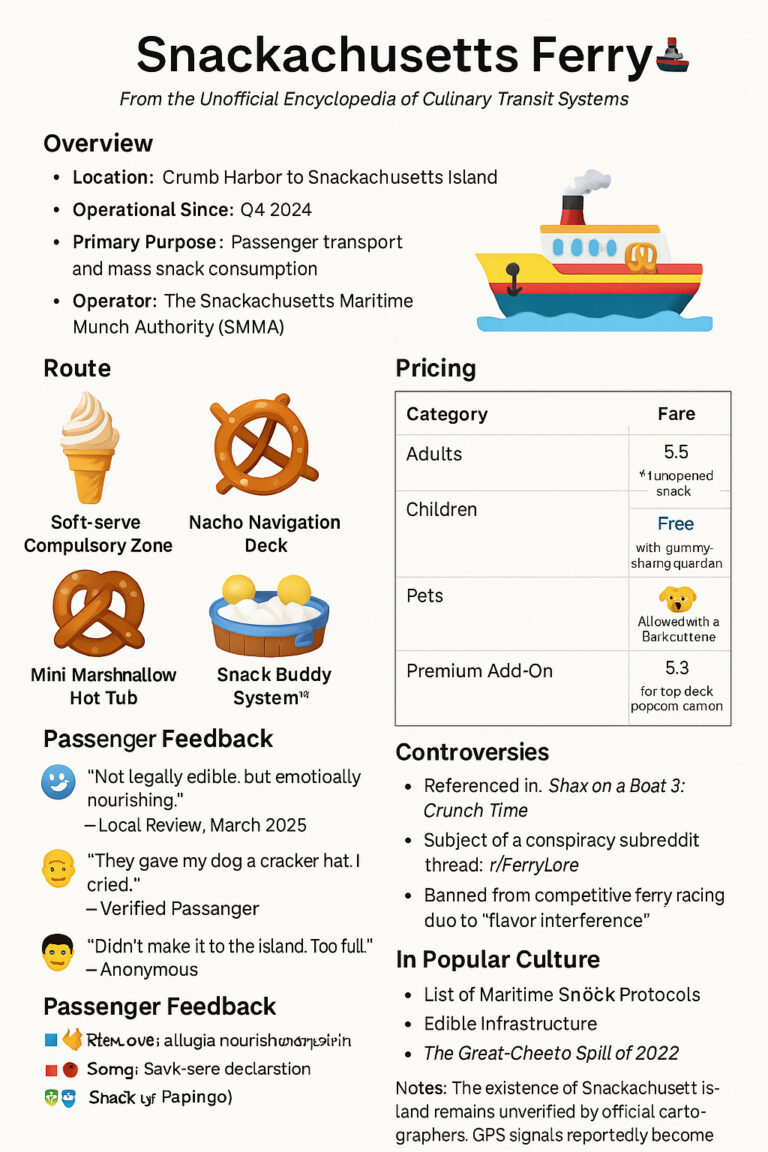Best Practices for Implementing Specialty Vehicle CPQ Solutions
In the dynamic world of custom manufacturing, efficiency and precision are paramount. Specialty vehicle manufacturers are turning to configure, price, quote (CPQ) solutions to meet the unique challenges of their industry. CPQ technology streamlines the sales process, allowing for quicker and more accurate pricing of complex configurations. Organizations can significantly improve customer satisfaction and operational efficiency by embracing such innovative solutions. This article will delve into the best practices for implementing specialty vehicle CPQ effectively.
Understanding Specialty Vehicle CPQ Solutions and Their Impact on Custom Manufacturing

Specialty vehicle CPQ solutions are designed to simplify the complex process of quoting custom vehicles. These platforms enable sales teams to configure products with a multitude of variables quickly and accurately. Unlike standard products, specialty vehicles require a high level of customization, which is where CPQ technology truly shines. It brings agility to the sales process, accommodating the specific needs and preferences of each customer.
In a space where each vehicle can be vastly different from the next, maintaining consistency and accuracy in pricing is a significant challenge. CPQ solutions mitigate this by automating the quote creation process, reducing the likelihood of human error. This automation ensures that the prices and configurations offered are in line with the company’s standards and capabilities, enhancing the overall value proposition.
Implementing a CPQ system is not merely about adopting new software; it represents a transformation in how business is conducted. For specialty vehicle manufacturers, it means streamlining processes that were once manual and time-consuming. This transformation inevitably leads to a competitive edge by shortening the sales cycle and enabling quicker turnarounds on customer requests.
Essential Features To Look For in a Specialty Vehicle CPQ System
When selecting a CPQ solution for specialty vehicles, it’s crucial to seek features that address the full scope of custom manufacturing. A robust configuration engine is vital, allowing for intricate customization options while ensuring that only feasible combinations are offered to the customer. This prevents configuration errors and ensures product manufacturability right from the sales process.
An intuitive user interface greatly aids sales representatives and customers in navigating through the configuration process. The ability to visualize the product as changes are made can greatly enhance the user experience and lead to more confident purchase decisions. Photorealistic rendering and live updates of the vehicle’s look and specs are features that can set a CPQ system apart.
Another critical element is the integration of pricing and quoting within the CPQ system. Pricing should be dynamic, able to reflect real-time cost calculations as different features and customization options are selected. Furthermore, streamlined quote generation allows the sales team to provide customers with quick and transparent pricing breakdowns, a process that would traditionally take days or even weeks.
Data analytics and reporting capabilities should not be overlooked. These functions provide key insights into sales trends, popular configurations, and customer preferences. This data can drive strategic decisions, helping businesses to optimize their offerings and identify new market opportunities.
Strategies for Streamlining the Configuration Process With CPQ Software

Streamlining the configuration process with CPQ software starts with a thorough understanding of the product offerings. Clear rules and parameters need to be established to guide users through the configuration steps without overwhelming them with options. Implementing logical rule sets within the CPQ guarantees that only viable product combinations are selected, which ensures a smoother production process downstream.
Engaging with stakeholders from different departments early in the implementation phase is pivotal. By doing so, sales, engineering, production, and even finance can provide critical input on workflow and requirements. This collaboration can lead to the development of a CPQ system that truly reflects the operational needs of the business.
The strategic implementation of CPQ solutions in the specialty vehicle industry offers an unmatched potential for customization and efficiency. By focusing on the right features, streamlining configuration processes, and integrating seamlessly with existing platforms, businesses can achieve a competitive advantage. Measuring performance through KPIs ensures that companies continue to refine their approach, ensuring that these powerful tools deliver on their promises of enhanced profitability and customer satisfaction.




